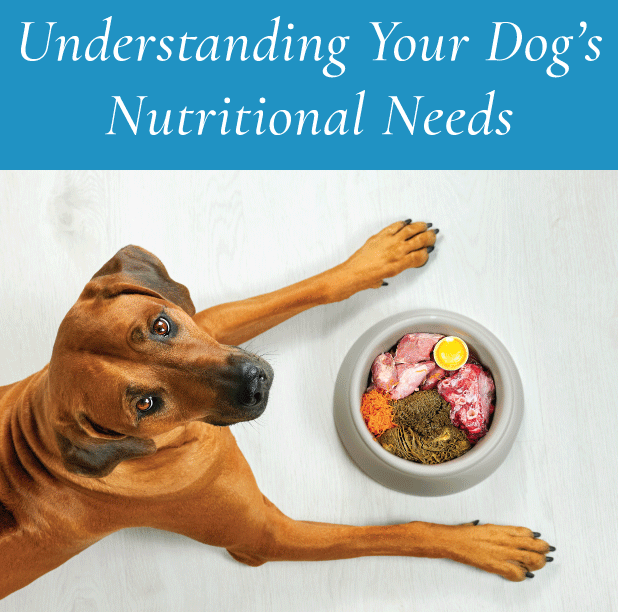Proper nutrition is crucial for your dog's overall health and well-being. In this blog post, we'll delve into the topic of dog nutrition and provide you with a guide to feeding your furry friend.
Understanding Nutritional Requirements:
Dogs require a balanced diet that includes proteins, carbohydrates, fats, vitamins, and minerals. Consult your veterinarian to determine the specific dietary needs of your dog based on factors such as age, breed, and activity level.
Commercial Dog Food:
Choose high-quality commercial dog food that meets the standards set by reputable pet food associations. Look for labels that indicate the food is "complete and balanced" and contains essential nutrients for your dog's specific life stage.
Reading Food Labels:
Learn to read and understand the information on dog food labels. Look for real meat as the first ingredient, avoid artificial preservatives and fillers, and ensure the food meets the nutritional requirements for your dog's age and size.
Portion Control:
Overfeeding can lead to obesity and related health issues, while underfeeding can result in malnutrition. Follow the feeding guidelines provided on the dog food packaging, but keep in mind that individual needs may vary. Monitor your dog's weight and adjust portion sizes accordingly.
Treats and Snacks:
Treats are a great way to reward and train your dog, but they should be given in moderation. Choose healthy treats made specifically for dogs and avoid feeding them human food, especially items that can be toxic to dogs.
Avoiding Harmful Foods:
Some foods are toxic to dogs and should be avoided altogether. These include chocolate, onions, garlic, grapes, raisins, avocados, and certain nuts. Familiarize yourself with the list of foods that are dangerous for dogs and keep them out of your pet's reach.
Food Allergies and Sensitivities:
Dogs can develop allergies or sensitivities to certain ingredients. If you notice signs of digestive upset, skin irritation, or excessive scratching, consult your veterinarian to identify potential food allergies and determine an appropriate diet.
Dietary Changes:
When transitioning to a new dog food or making any dietary changes, do so gradually. Sudden changes can upset your dog's digestive system and lead to diarrhea or vomiting. Gradually mix the new food with the old one over a period of 7-10 days.
Fresh Water:
Always provide your dog with fresh, clean water. Keep their water bowl filled throughout the day, especially during hot weather or after vigorous exercise.
Regular Monitoring:
Monitor your dog's body condition, weight, and overall health. If you notice any changes in appetite, weight, or energy levels, consult your veterinarian to ensure your dog's nutritional needs are being met.
Proper nutrition plays a vital role in your dog's health and longevity. By understanding their nutritional requirements and following these guidelines, you can ensure your furry friend receives a well-balanced diet that supports their overall well-being.




